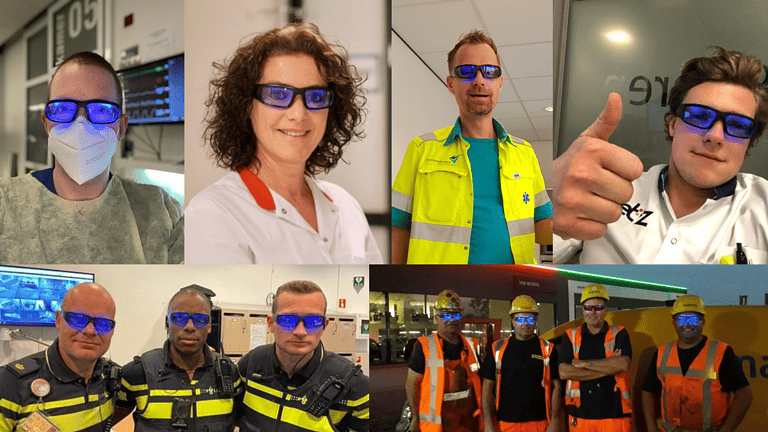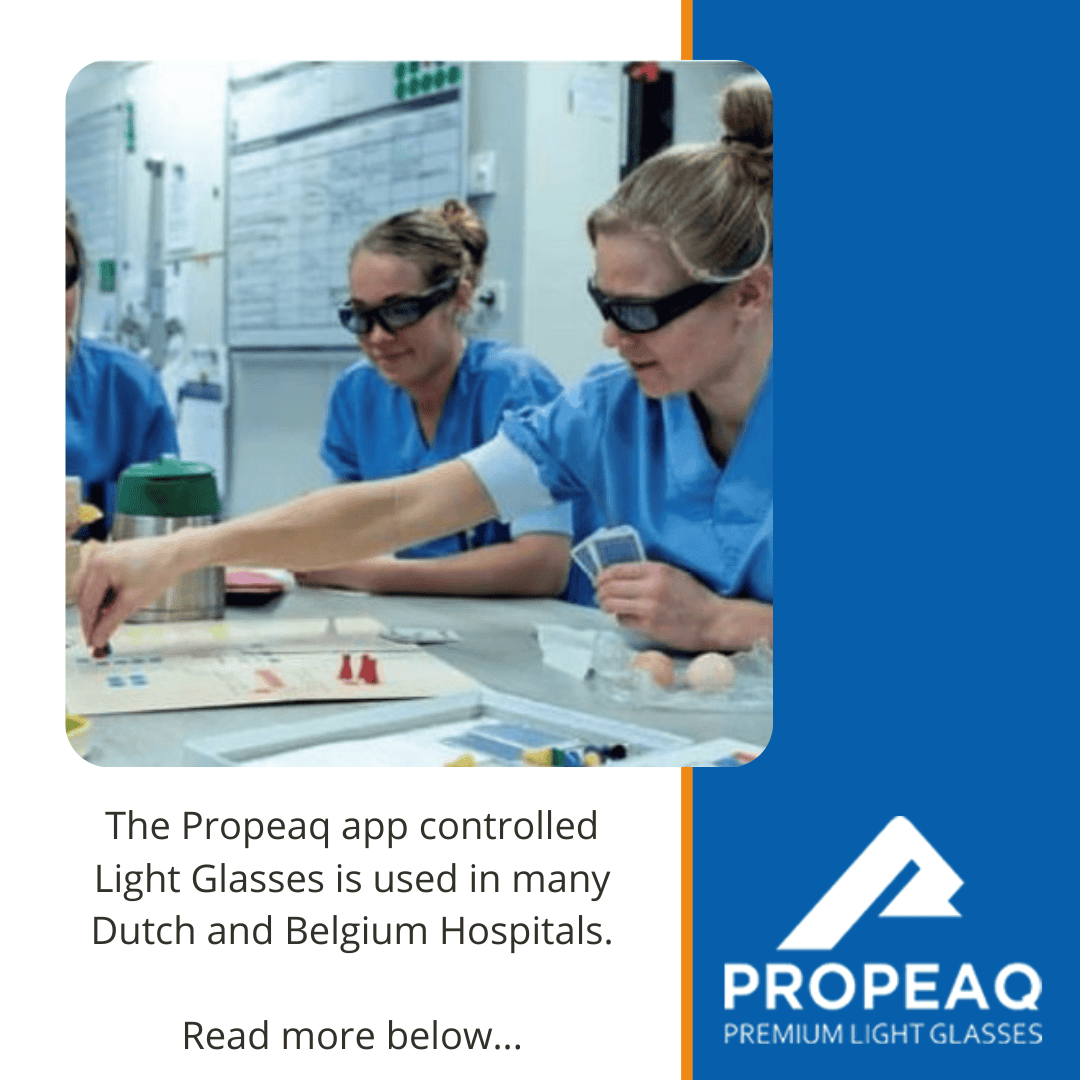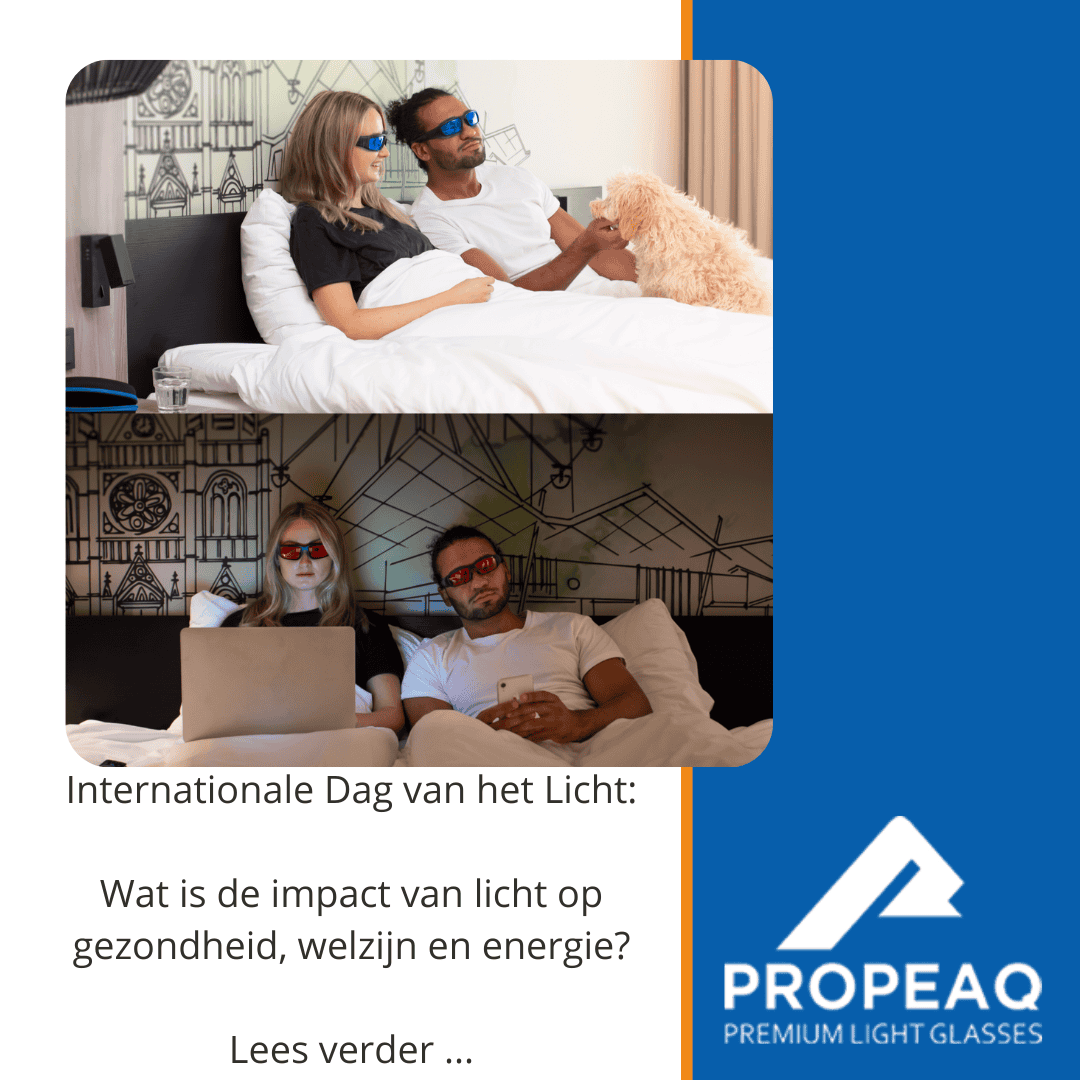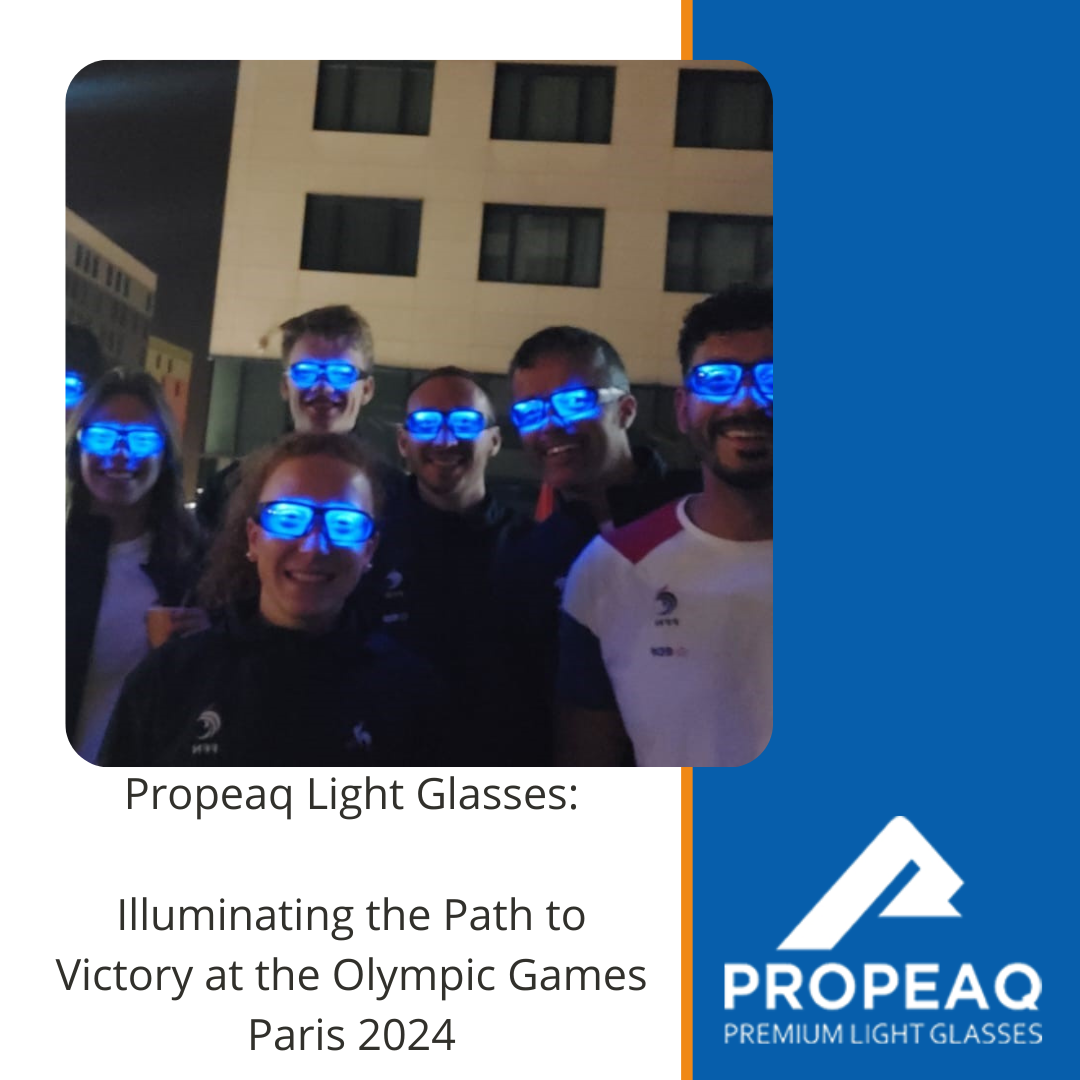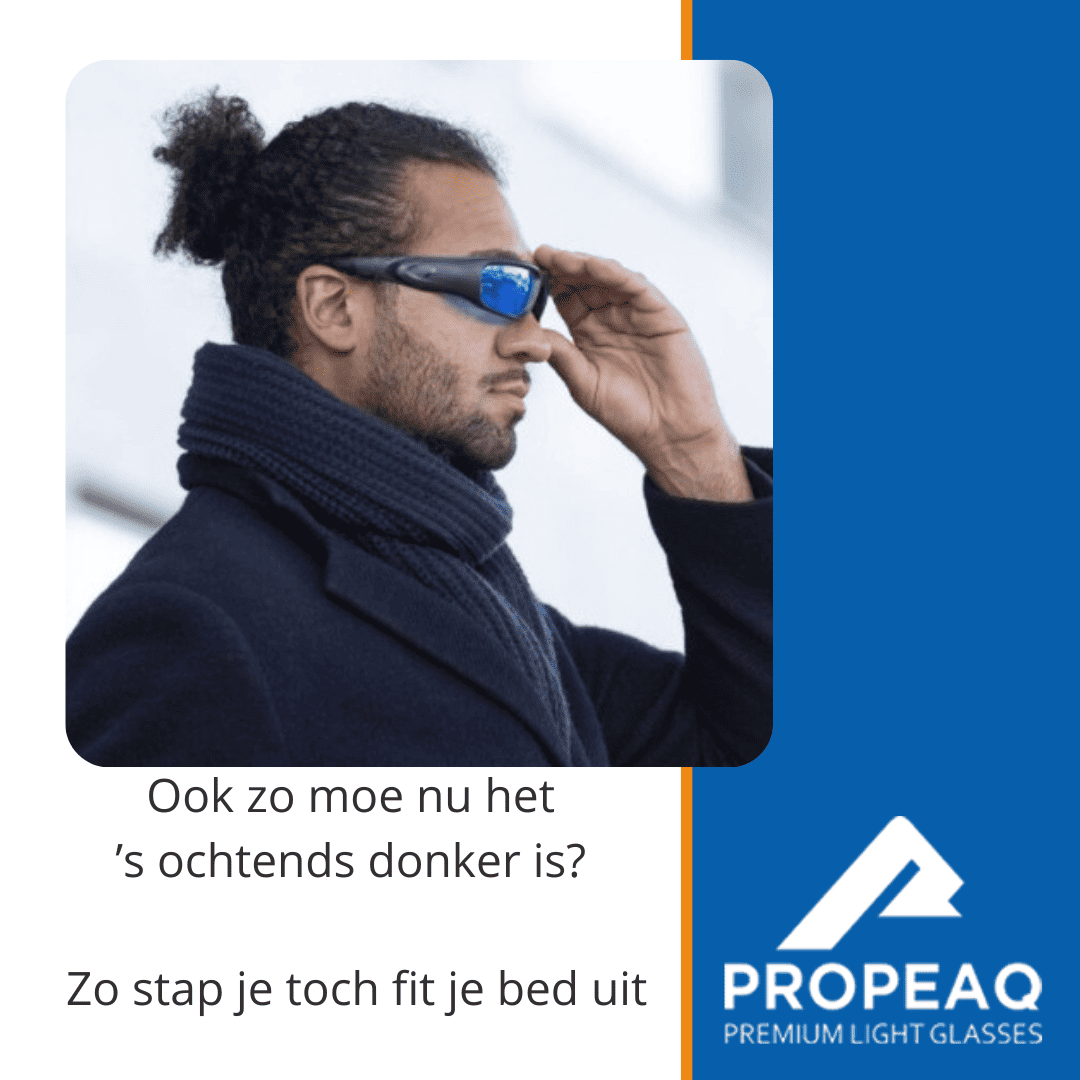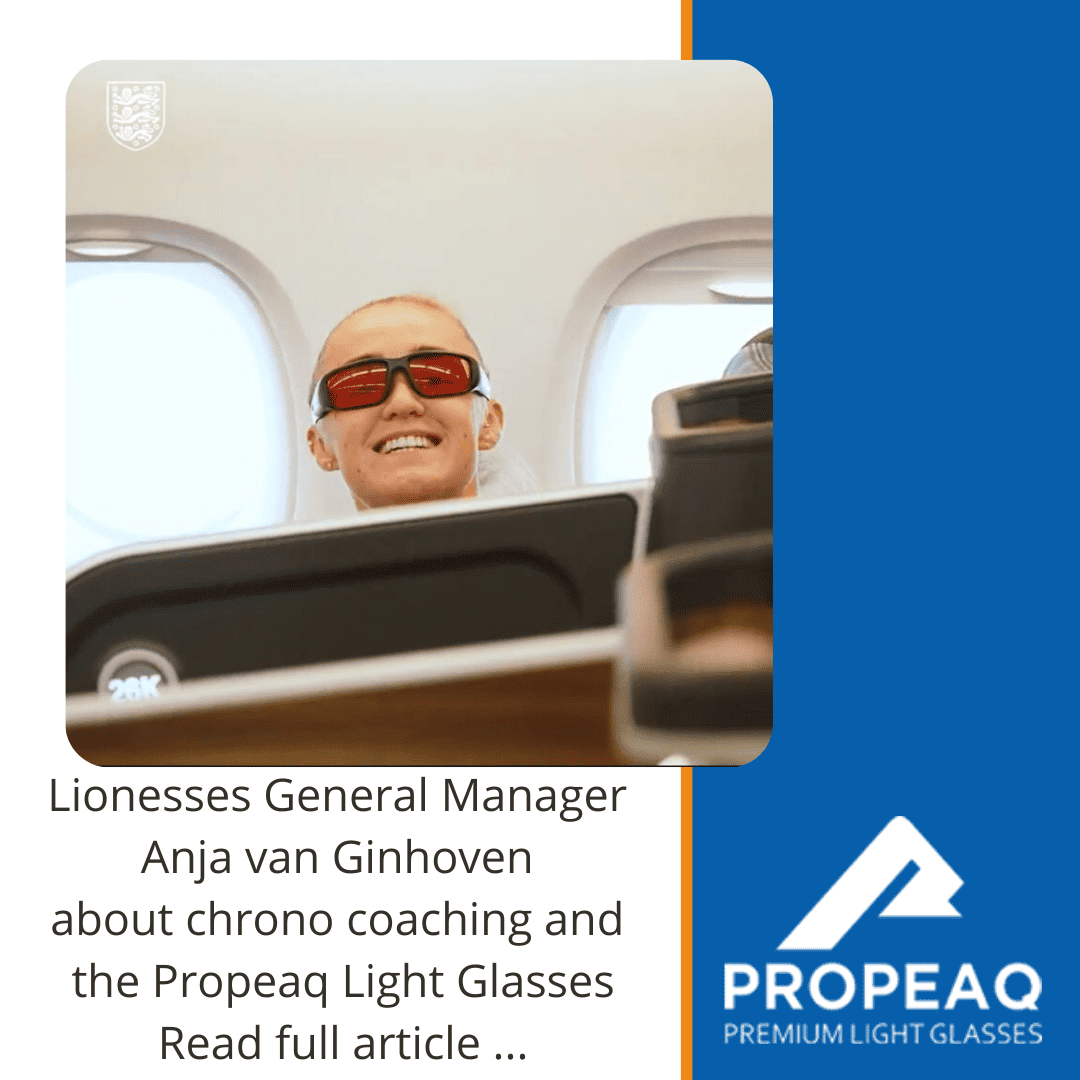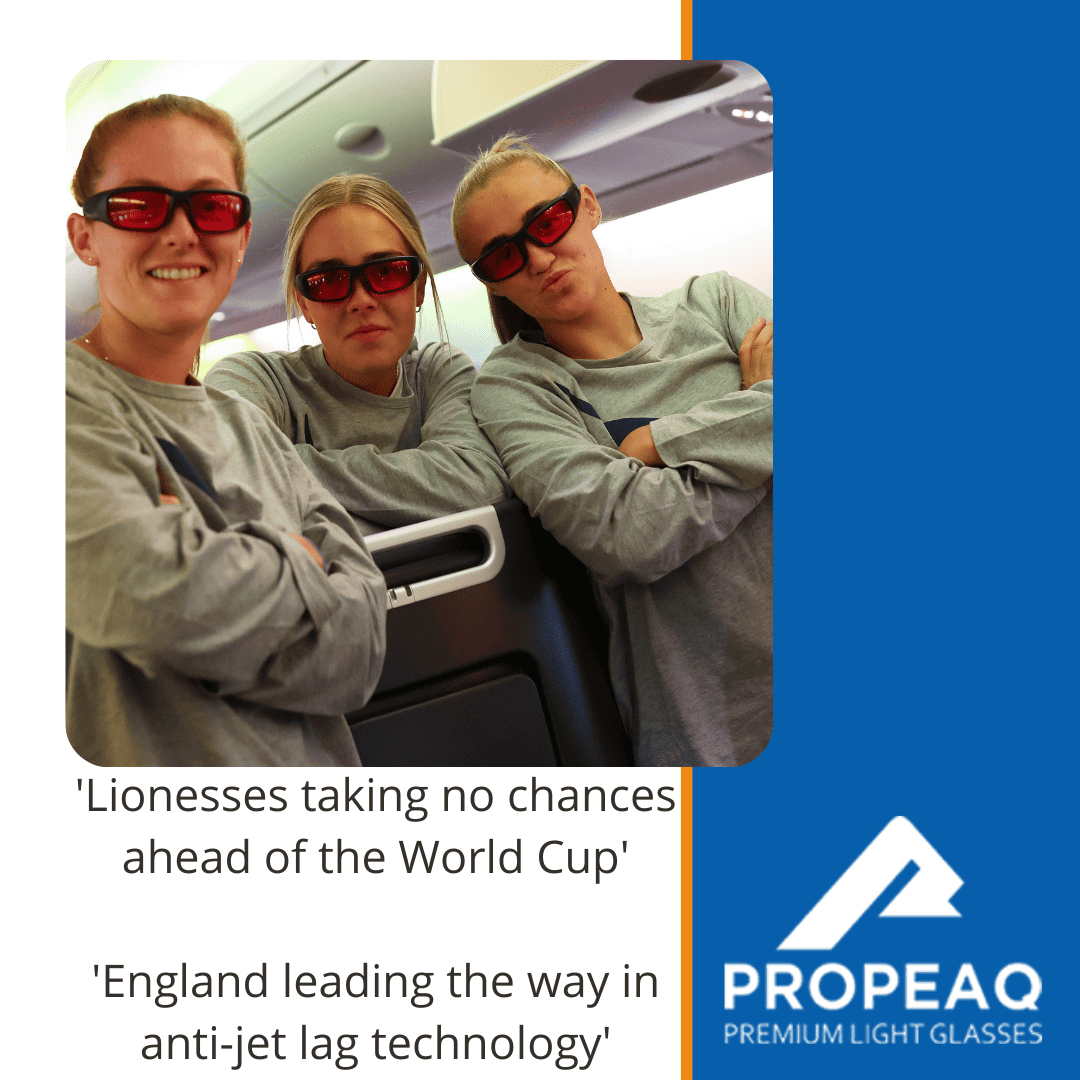Since the introduction of the COVID-19 virus, a lot of research has been conducted to asses risk factors to facilitate the prevention and control of the virus. There are several risk factors on this list. For example, age, male sex, underlying illness and a weakened immune system are indicators of an increased risk of COVID-19 infection. In addition to these indicators, the British Biobank suggests that a new risk factor may need to be included in the fight against the COVID-19 virus.
Increased risk of infection
Findings from the UK Biobank suggest that, in addition to existing risk factors, a potential new factor should be taken into account. This study shows that there are suggestions for an increased risk of a COVID-19 infection within the shiftwork sector. Employees who regularly work night shifts, regardless of their profession, seem to be at a higher risk of a COVID-19 infection.
Research
The study consisted of 18,221 participants (total 27,784 tests) with COVID-19 test results (9.4% positive cases). The majority of samples tested for COVID-19 were from hospitalized patients (73.3%) and from combined nose / throat swabs (28.4%). The mean age of the COVID-19 positive patients was 57.9 years and these patients were more often male, from ethnic minorities and more often from more disadvantaged backgrounds. While sleep duration, insomnia, snoring, and overall health were not associated with COVID-19 infection, overweight / obesity and daytime sleepiness were associated with a higher prevalence of COVID-19 infection than others. Additionally, people working in a healthcare service as well as those employed in shift‐work‐based roles were twice more likely to report COVID‐19 infection than their counterparts.
Results
Despite the preliminary but strong evidence of circadian rhythm disruption in shift workers and the resulting increased vulnerability to infection in this study, the association between shift work and COVID-19 infection has not been investigated enough.
Using the occupational information based on the starting position, participants were categorized as non-shift workers, day shift workers, mixed shifts and night shifts. Of the 18,221 participants (9.4% positive cases), 11.2% were health workers and 16.4% did shift work. Ethnic minorities (18%) and people on night shifts (18.1%) had a significantly higher prevalence of COVID-19 infection compared to others.
A modified model suggests that, compared to their counterparts, people with a night shift job were 1.85 times more likely to have a COVID-19 infection. Sensitivity analysis targeting non-healthcare workers suggests that shift workers had a 1.81 times higher risk of COVID-19 infection than others with 9 to 5 job positions. Shift workers, especially night workers, appear regardless of their age. profession, are at high risk of COVID-19 infection.
Source: National Library of Medicine

